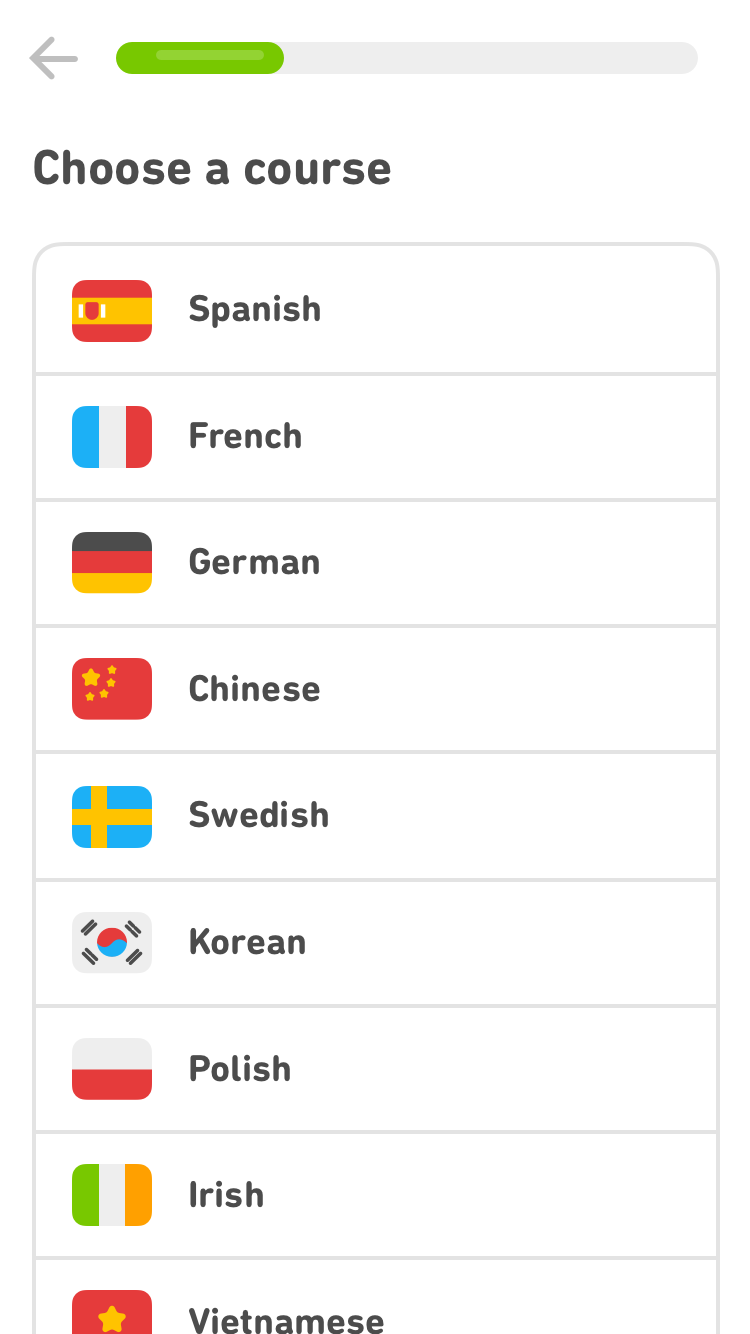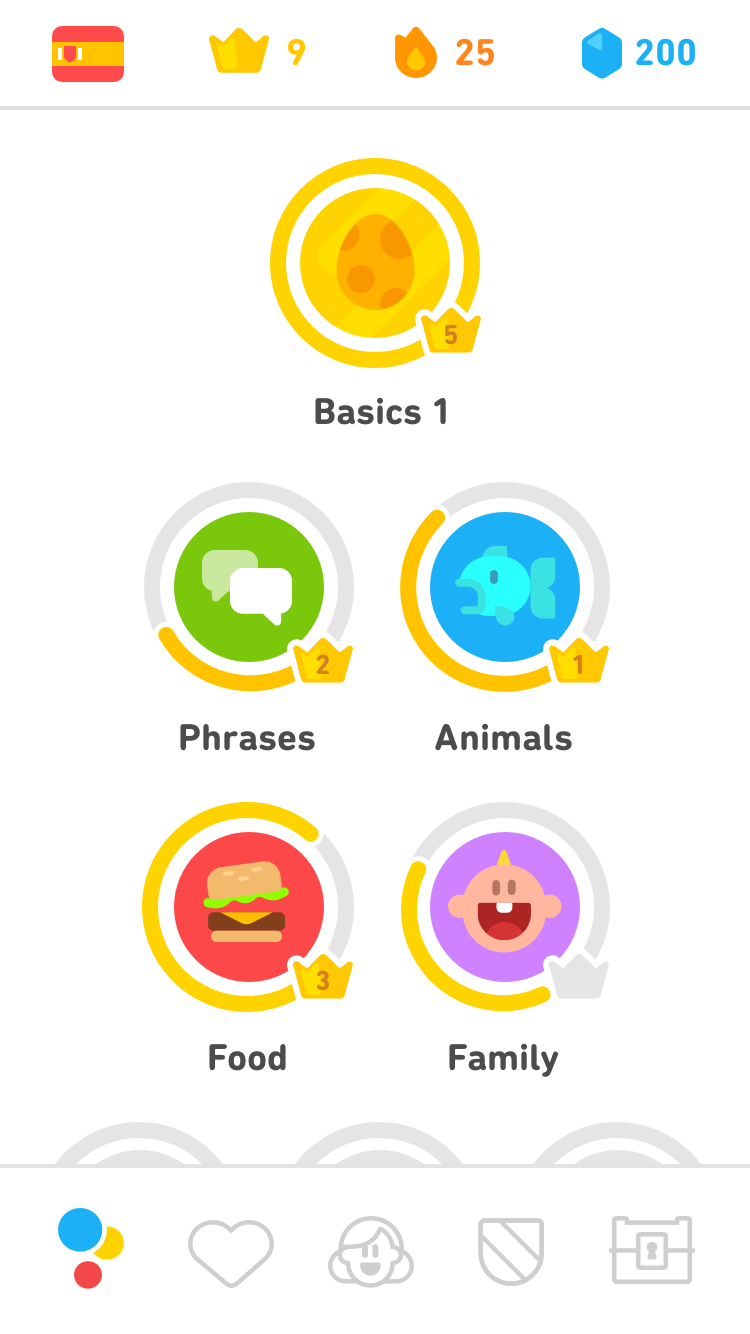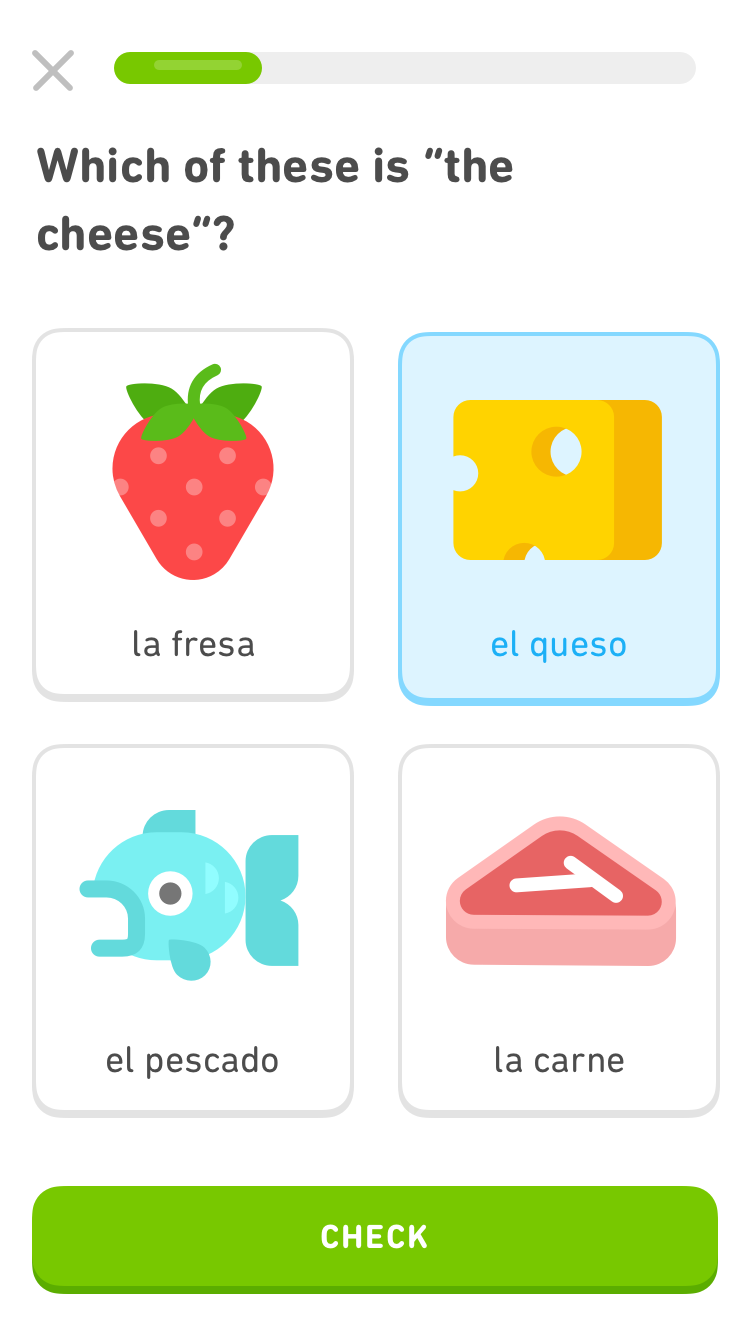Learning a language can be an incredibly fulfilling experience. Whether you are looking to tick off a life ambition, meet new people, plan for a trip abroad, or just learn about a new culture, challenging yourself to learn a new language can bring a huge number of rewards.
Despite the emphasis placed on language-learning throughout much of the world, the United Kingdom has often placed bottom in terms of foreign-language skills, in spite of the obvious benefits it can bring. I think it should be valued very highly in today’s hyper-connected world, as it can reward you with many new skills and opportunities.
Why learn a new language
It looks good on your CV
Learning a new language demonstrates numerous skills to prospective employers. It helps to show commitment, perseverance, intelligence, and ambition, alongside many other attributes. No matter which industry you work in, the ability to speak another language can come in useful, whether it’s for traditional translation skills or the softer skills you develop during the process.
It can help you to develop knowledge of other cultures
If you are interested in learning about other cultures, learning a new language is one of the best ways to understand their customs, traditions and values. Not only will talking about the traditions form an integral part of your studies, the nuances, origins and idiomatic expressions will help to develop a thorough understanding of the cultures that speak that language.
“Estar más sano que una pera”
– To be healthier than a pear
It helps you to travel and meet new people
It goes without saying that being able to speak in a native language makes travelling infinitely easier, giving you the confidence to explore new places and feeling assured that you can deal with any situations that arise. And of course, it makes it much easier to meet new people in these new countries, speaking in their native language and forging connections that wouldn’t be possible with a language barrier.
It makes you smarter!
Learning another language can make you smarter! The process can help you improve cognitive thinking, memory skills, and has even been said to help avoid dementia in old age. Not only this, but it will also give you a better grasp on the English language, as you refresh yourself of verb tenses, the difference between adjectives, nouns, and pronouns, and how sentences are structured.
It improves your self-confidence
Finally, learning a language is one of the best ways to improve your self-confidence. Whilst it’s hard at first and people can be shy to try and speak a language that they don’t have a grasp of, once you begin to get more comfortable with the fact that most people are impressed with the simple fact that you are trying to learn, your confidence will soar.
Best ways to learn a new language
1. Immerse yourself in the country
It goes without saying that the best way to learn is to immerse yourself in the country that speaks your desired language. It’s the only way to become truly fluent, and the exposure to the language in everyday life is the quickest way of picking it up.
There are however a number of other ways you can pick up the language that don’t require the big jump of moving to another country!
2. Hire a private tutor
Hiring a private tutor is another sure-fire way of getting ahead when learning a language. To have a professional tutor who speaks your desired language and can design a one-to-one programme of support, with the ability to target your weak areas and push you to improve is one of the best ways of picking up a language.
I found an amazing local Spanish-speaking tutor through Tutorful, a UK-based company with 11,000 active tutors to choose from across education and languages. You can use this referral link to get £5 off your first lesson – and I’ll get £5 too.
3. Local classes
There are also a range of local classes you can choose from, from local groups to professionally graded lessons. Whilst the lack of one-to-one support may be an issue, it’s a great way to begin to learn, especially if you can utilise classmates to practice together outside of classes.
4. Apps
There are apps for just about everything, and language-learning is certainly no exception. One of the most popular (and free!) apps out there is Duolingo. The gamified, bite-sized lessons are available from 33 different languages, including Spanish, French, Chinese and even Klingon and High Valyrian! Whilst using Duolingo alone won’t make you become fluent, it’s a fantastic app to start to get exposure to a language, and to keep you refreshed when you have 5 minutes of free time.




Another fantastic app to use is Tandem. The app pairs you up with someone who speaks the language you want to learn, and who wants to learn the language you speak. With a database of millions of members, it’s easy to find a good partner to chat to. Once connected, you can chat via message, easily correcting and commenting on your partner’s grammar, as well as sending voice messages and audio or video calling.
Other good options include Memrise, Babbel, and of course when you are abroad, the Google Translate app.
5. Podcasts
Podcast are another exploding trend that goes against the norm by taking the time of users away from the screen, meaning that they are a great asset to use on the go, whilst walking, running, cleaning or commuting. Language podcasts are great as it immediately gets you used to listening to the language, understand how it is spoken in everyday life, and allows you to practice along. I’ve found Coffee Break Languages as one of the best whilst learning Spanish, with short podcasts introducing you to the language to more in-depth episodes listening to locals in the country. Coffee Break Languages have podcasts for Spanish, German, French, Italian and Chinese.
6. Netflix & Amazon Prime Video
For those with a basic grasp of a new language, the best way to learn quickly is to engage with it in everyday life where possible. Netflix and Amazon Prime Video are incredibly useful assets, featuring a range of films and TV shows from across the world. Not only does this exposure help you to listen to the language spoken colloquially, but you also can further explore the culture and stars of the countries that speak your desired language.
7. BBC News
Finally, you can read the BBC news in your target language here. This will give you a good overview of a high-level use of the language, as well as helping you to keep up with current affairs in the country. Translating what you understand helps you to add context to new words and phrases, and how it is used in a formal setting.
Whichever way you learn a language, it is an amazingly fulfilling experience, that brings so many benefits and can open so many doors. When learning, the aim doesn’t have to be to become totally fluent, but just having a basic understanding can help you so much when travelling, giving you the confidence to take yourself out of your comfort zone and open up to meeting so many new people.
Let me know which are your favourite ways to learn a language in the comments below!






